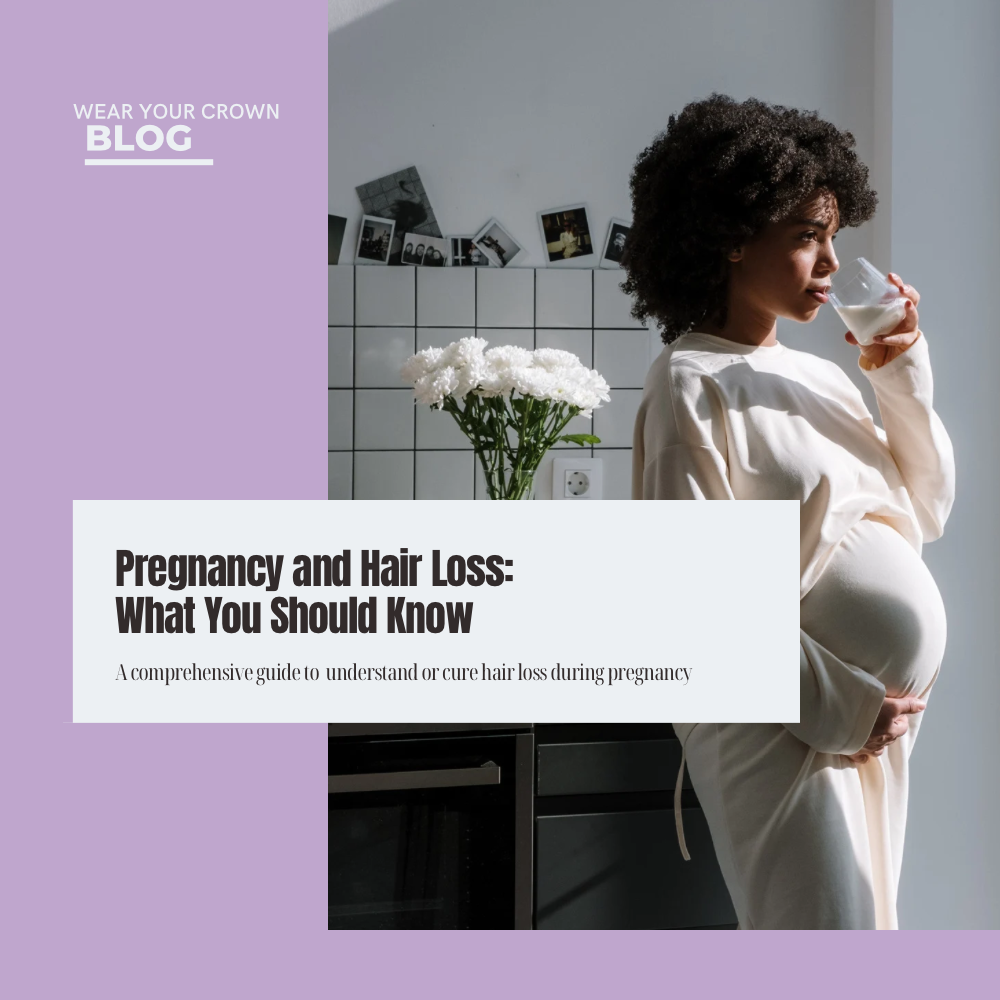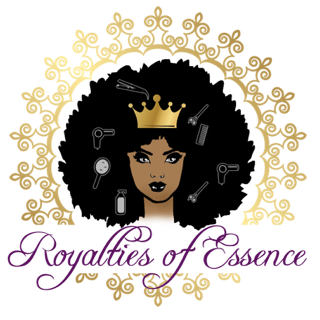
Pregnancy and Hair Loss: What You Should Know

Pregnancy is often described as one of the most transformative times in a woman’s life—but it doesn’t always feel glamorous. Among the many physical and emotional changes women experience, hair loss is one that often takes new moms by surprise.
Whether you’re expecting your first child or you’ve recently given birth, understanding the connection between pregnancy and hair loss can help you feel more in control and less anxious about your hair’s health.
Is It Normal to Lose Hair During or After Pregnancy?
Yes, it’s completely normal—and very common—for women to experience postpartum hair loss. In fact, it affects 40–50% of new moms.
During pregnancy, rising estrogen levels keep your hair in the growth (anagen) phase longer. This is why many women notice fuller, thicker hair during those nine months.
But after childbirth, hormone levels drop—especially estrogen—and your hair shifts into the shedding (telogen) phase. The result? A sudden, noticeable loss of hair, typically around 3–4 months postpartum.
What Does Pregnancy-Related Hair Loss Look Like?
-
Shedding clumps of hair in the shower or on your pillow
-
Thinning around the hairline, particularly the temples
-
Noticeable decrease in hair volume or ponytail thickness
-
More hair in your brush or comb than usual
This can be scary, but remember: it’s temporary.
What Causes Hair Loss During and After Pregnancy?
Here are a few of the most common causes:
1. Hormonal Shifts
A drop in estrogen after delivery is the primary cause of postpartum hair loss.
2. Stress
The physical stress of childbirth, sleep deprivation, and new responsibilities can all contribute to shedding.
3. Nutrient Deficiency
Iron, vitamin D, and protein deficiencies can lead to weak or thinning hair. Your body prioritizes healing and milk production, so hair often takes a backseat.
4. Thyroid Changes
Some women experience thyroid imbalances postpartum, which can trigger excessive shedding.
If hair loss seems extreme or continues beyond 6–12 months postpartum, consult your doctor to rule out postpartum thyroiditis or other underlying conditions.
How to Fight Back: Supporting Hair Health After Pregnancy
While you can’t completely stop postpartum shedding, you can nurture your hair and scalp to encourage regrowth and strength.
1. Use Gentle, Nourishing Products
Avoid harsh chemicals, sulfates, and drying alcohols. Look for plant-based, natural products like those from Royalties of Essence, which support scalp health and nourish fragile strands.
2. Focus on Scalp Care
A healthy scalp is the foundation for healthy hair. Use scalp oils, massage regularly, and exfoliate gently to improve blood circulation and stimulate growth.
3. Protective Styles Are Your Friend
Braids, buns, and low-manipulation styles can prevent breakage and give your hair a chance to recover without constant stress.
4. Eat Hair-Healthy Foods
Include iron-rich leafy greens, eggs, berries, nuts, and fatty fish in your diet. A postnatal multivitamin can also help replenish nutrients.
5. Be Kind to Yourself
This is a season—not forever. Hair will grow back, and your body is doing an incredible job healing and caring for your baby.
When to Seek Help
If you notice:
-
Bald patches or excessive shedding beyond 12 months postpartum
-
Signs of scalp inflammation or flaking
-
Other symptoms like fatigue, mood swings, or rapid weight loss
…it’s best to consult a doctor, dermatologist, or trichologist to rule out underlying issues.
Final Thoughts: You’re Not Alone
Hair loss during or after pregnancy is completely normal and does not define your beauty. As your hormones rebalance and your body adjusts, your hair will begin to grow back.
In the meantime, give yourself grace, nourish your hair from the inside out, and remember—you’re not just growing hair, you grew life.
Support your postpartum hair journey with Royalties of Essence—our plant-based products are crafted to promote healthy hair and scalp care for every stage of womanhood.
